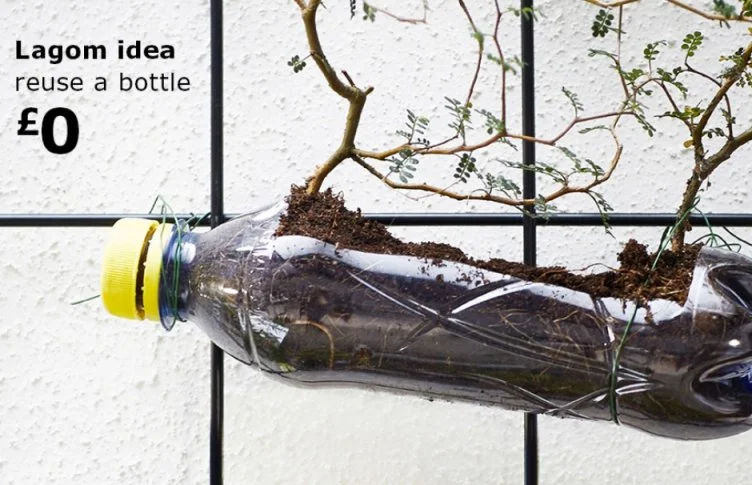Published Research
-
![]()
“Social acceleration in the marketplace: three essays exploring the intersection of culture and consumption”
Consumer culture is fast. Goods, services, people, ideas, and values – the material and nonmaterial aspects of culture – are moving more quickly throughout the marketing system than ever before. Such acceleration affects diverse stakeholders: people, public, and planet. This dissertation explores the phenomenon of ‘social acceleration’, and specifically, the ‘acceleration of the pace of life’ which examines the feeling that time is going faster in modern societies.
-
![]()
The intermingling of meanings in marketing: semiology and phenomenology in consumer culture theory
This paper explores a synthesis of two scholarly streams within the Consumer Culture Theory (CCT) body of knowledge: semiology and phenomenology. Semiology represents consumer culture as a web of meanings—studying cultural meanings as socially agreed-upon structures. By contrast, phenomenology represents the interpretation and personalization of cultural meanings by consumers—focusing on meanings that emerge from individual lived experience.
-
![]()
The generous consumer: Interpersonal generosity and pro-social dispositions as antecedents to cause-related purchase intentions
Cause-related marketing is prevalent in today’s marketing environment. The purpose of this research is to build and test a conceptual model surrounding the idea of a generous consumer – and what may lead a consumer to buy products affiliated with cause-related marketing.
-
![]()
Emotional awareness in time of disruption
During the Spring 2020 semester, university classes abruptly moved online in the wake of the worldwide Covid-19 pandemic. Identifying influential factors that contribute to student satisfaction during teaching disruptions helps marketing educators better care for and meet the educational needs of students. Ultimately, emotional awareness in the classroom should be a new normal for marketing education.
-
![]()
We now interrupt this dominant social paradigm: Promoting sustainable lifestyles through market-enabled global mélange
Sustainability is a global problem that requires exchange of ideas and strategies for implementing solutions. In the spirit of cross-cultural collaboration, this research suggests that marketing systems can evolve to promote sustainable lifestyles through market-enabled global mélange: introducing cultural customs and traditions from around the world that promote sustainable patterns of consumption in the marketplace.
-
![]()
Closing the sustainable consumption-production gap: life cycle thinking in consumer research
The UN Sustainable Development Goals establish 'sustainable consumption and production patterns’ as a priority on the global sustainability agenda. Unsustainable consumption and production patterns result in negative externalities throughout society, and the UN Environment Program supports "life cycle thinking" to better manage these externalities. While life cycle thinking has been broadly applied to the pursuit of sustainable production, its applications to sustainable consumption are widely unexplored.





